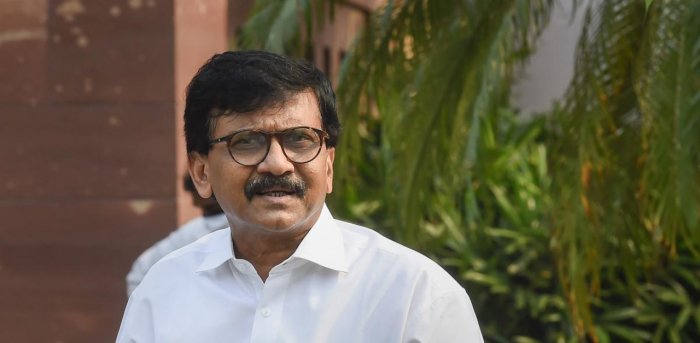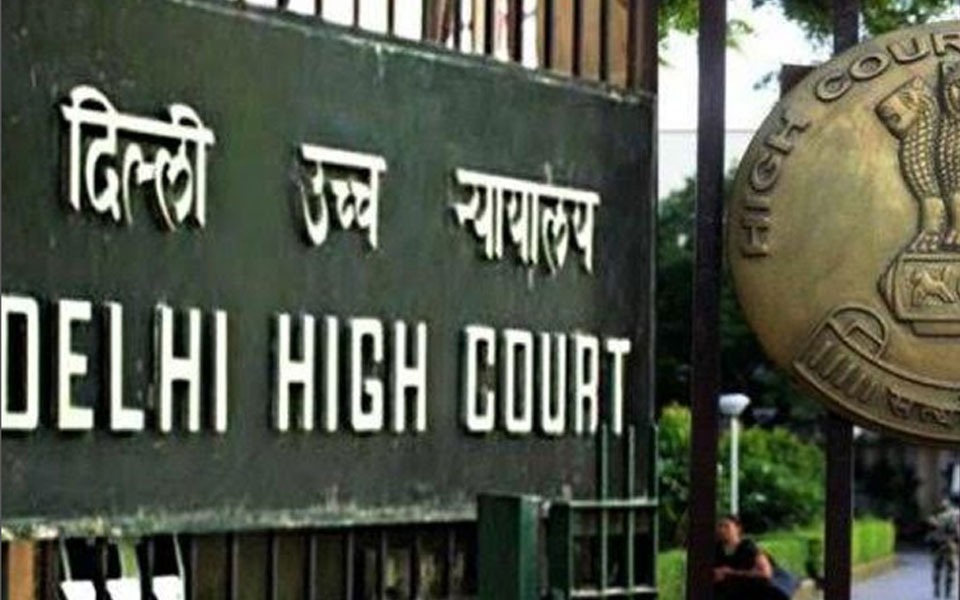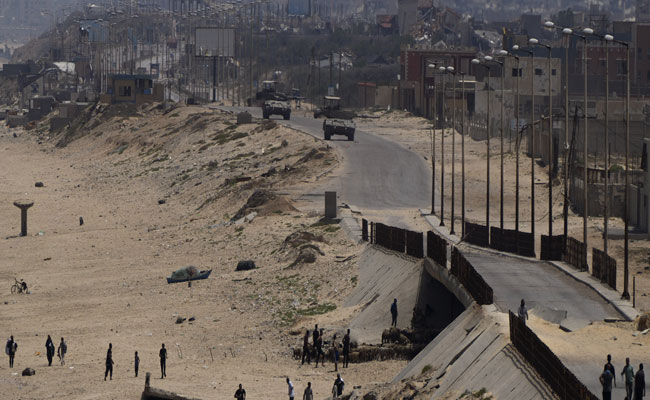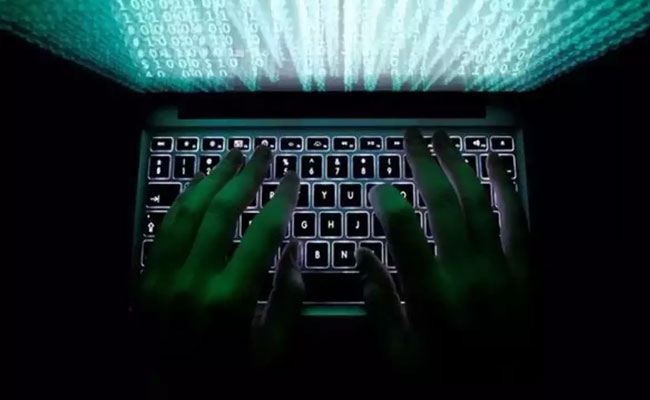Mumbai, Jan 8: Shiv Sena MP Sanjay Raut on Saturday said restrictions imposed by the Election Commission on campaigning for upcoming Assembly polls in five states in view of COVID-19 should be applied uniformly, and Prime Minister Narendra Modi must himself set an example in this regard.
"During the West Bengal polls, we have seen how some parties and leaders, especially the BJP and the prime minister, campaigned during the peak of the second wave of coronavirus. (This time) the prime minister should lead by example," Raut, a Rajya Sabha member, told reporters.
Announcing Assembly elections in five states, including Uttar Pradesh, earlier in the day, the EC said rallies, roadshows and processions will not be allowed till January 15 in view of the coronavirus situation.
He said the Sena planned to contest a few seats in Uttar Pradesh and Goa, both currently ruled by the BJP, a former ally of the Uddhav Thackeray-led party.
"In Goa, the Shiv Sena and NCP are together. We want the Congress to be with us. But there is the issue of seat sharing. If the Congress feels it can win in Goa on its own, our best wishes to them," he said.
He said the ruling BJP and new entrant Trinamool Congress were contesting Goa polls by "breaking the Congress", a reference to the large scale desertions the grand old party has seen in the last few months and weeks there.
On Goa chief minister Pramod Sawant questioning Raut's frequent visits to the coastal state with the taunt that the Sena does not have "even a village sarpanch", Raut said even the BJP did not have a sarpanch there till a few years ago.
The BJP made inroads in Goa by splitting the Maharashtrawadi Gomantak Party (MGP), he claimed.
The Sena leader said the people of Goa want to teach the BJP a lesson but the lack unity among opposition outfits will give the ruling party an "open field".
Let the Truth be known. If you read VB and like VB, please be a VB Supporter and Help us deliver the Truth to one and all.
New Delhi (PTI): The Delhi High Court has directed the city authorities to pay Rs 30 lakh compensation each to the families of three sanitation workers who died during manual scavenging in 2017.
The HC allowed the petition by the family members seeking higher ex gratia in accordance with a Supreme Court order in 2023 which increased the compensation payable to the dependents of the victims who lost their lives in manual scavenging to Rs 30 lakh from the existing Rs 10 lakh.
The family members said in the petition that the three sanitation workers died in August 2017 while cleaning a drain in Lajpat Nagar. The plea said the deceased were engaged by a Delhi Jal Board sub-contractor.
The petitioners said that after they died, a compensation of Rs 10 lakh was awarded to the family members. However, they prayed that the amount be increased to Rs 30 lakh.
"It can be seen that the directions issued by the Supreme Court were expressly made applicable to all the statutory bodies including corporations, railways, cantonments as well as the agencies under its control.
"Moreover, the Union and State governments were directed to ensure that the rehabilitation measures were taken with respect to sewage workers, including the family of those who have lost their lives. Specifically, it was directed that the compensation of Rs 10 lakh that was given to the family members of the deceased workers be enhanced to Rs 30 lakh," Justice Sachin Datta said.
The high court said necessarily, the ameliorative directions, strictures and the embargo imposed by the Supreme Court are applicable to the Delhi Jal Board (DJB) as also to any agency that may be engaged by the board within any part of Delhi in connection with the work relating to the collection of sewage or carrying out connected works.
"Any disregard or violation thereto would invite strict consequences" as envisaged in the apex court verdict, it said.
Considering the reasoning given by the apex court, it would be a travesty if the entitlement of the family members of the deceased scavenging workers is confined to Rs 10 lakh, the high court said.
"The same would defeat the directions of the Supreme Court to enhance the compensation to Rs 30 lakh on the basis that the previously fixed compensation of Rs 10 lakh was fixed as far back as in the year 1993 and could not be considered to be an adequate compensation," it said, adding that the family members of the deceased sanitation workers are entitled to a compensation of Rs 30 lakh.
The high court said the remaining amount be paid to the family members within eight weeks.
Observing that manual scavengers have lived in bondage, systematically trapped in inhuman conditions for a long time, the Supreme Court had in October last year asked the Centre and state governments to completely eradicate manual scavenging across the country.
Passing a slew of directions for the benefit of people involved in manual scavenging, it had asked the central and state governments to pay Rs 30 lakh as compensation to the next of kin of those who die while cleaning sewers.
"The court hereby directs the Union and the States to ensure that the compensation for sewer deaths is increased (given that the previous amount fixed, that is, Rs 10 lakh) was made applicable from 1993. The current equivalent of that amount is Rs 30 lakh. This shall be the amount to be paid, by the concerned agency, that is, the Union, the Union Territory or the State as the case may be. In other words, compensation for sewer deaths shall be Rs 30 lakh," the Supreme Court had ordered.
It had also said that the authorities needed to take measures for the rehabilitation of the victims and their families.





